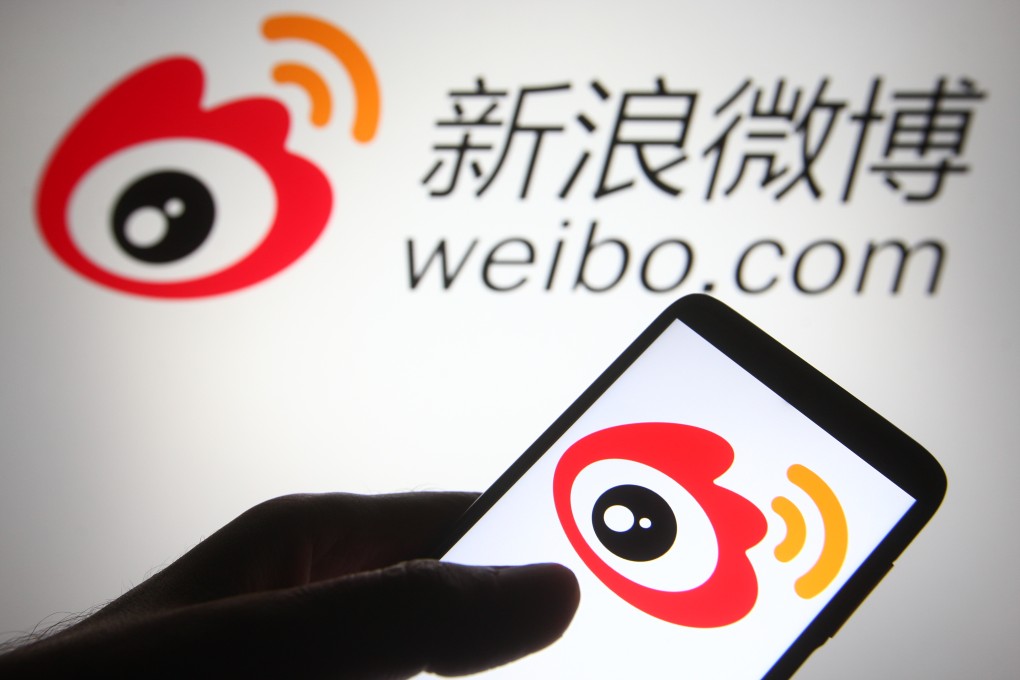Chinese social media platform Weibo removes fake images showing a rapidly ageing Tencent founder Pony Ma
- Chinese entrepreneurs have become frequent subjects of speculation and verbal abuse on domestic social media
- Regulators have stepped up scrutiny of online attacks targeting entrepreneurs, as Beijing looks to restore private-sector confidence

Chinese social media platform Weibo has deleted a number of accounts publishing and spreading a retouched photo of a grey-haired and wrinkle-faced Pony Ma Huateng, Tencent Holdings’ founder and CEO, in the latest example of efforts to protect the country’s top entrepreneurs from online abuse.
“A small number of users posted and hyped up false information about companies and entrepreneurs, and even deliberately spread rumours through Photoshopped pictures,” Weibo said in a statement.
These “rumour-mongering” behaviours have infringed the legal rights of enterprises and entrepreneurs, and damaged the online environment for businesses, Weibo said.
The fake photos, which showed Ma looking much older than his real age of 52 and tried to suggest that he had aged rapidly due to pressure, drew attention as he and other Chinese tech founders have rarely appeared in public in recent years.

The latest glimpse of Ma in public was on March 22, when state television showed him attending an All-China Federation of Industry and Commerce meeting chaired by Shi Taifeng, the head of the United Front Work Department of the Central Committee of the Chinese Communist Party. In that video clip, Ma has black hair and looks to be in good health.
Chinese entrepreneurs are frequent subjects of speculation and verbal abuse on domestic social media.